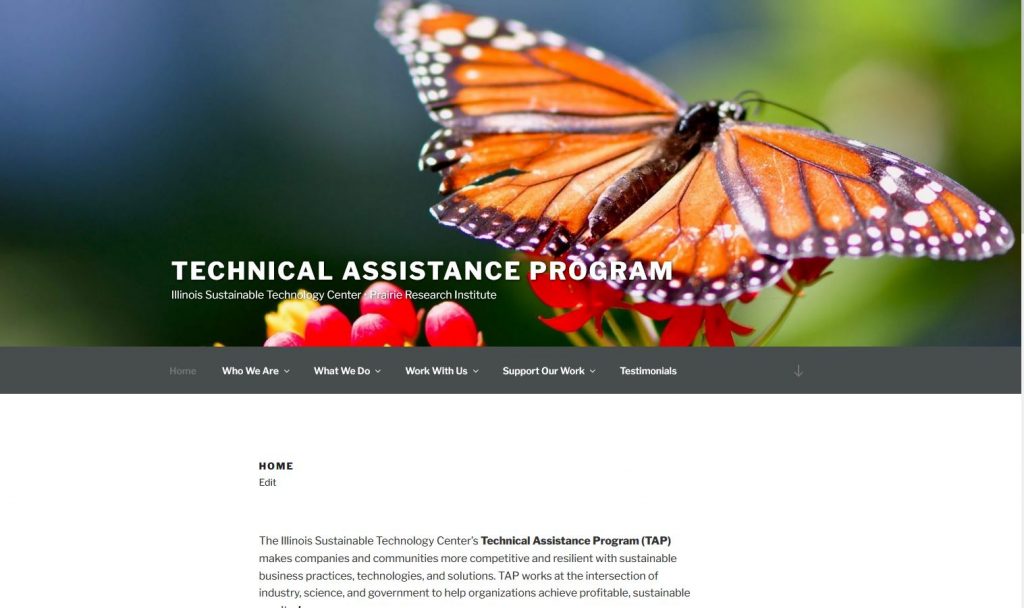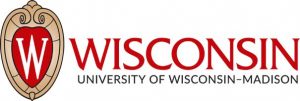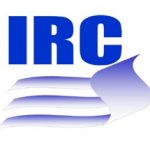
The Illinois Sustainable Technology Center (ISTC) Technical Assistance Program (TAP) has a new web presence. You may now find information on TAP at https://go.illinois.edu/techassist.
TAP makes companies and communities more competitive and resilient with sustainable business practices, technologies, and solutions. TAP works at the intersection of industry, science, and government to help organizations achieve profitable, sustainable results.
The new website makes it easier to find information on TAP programs, services, and projects. Visitors can sign up for free site visits or learn about fee-for-service opportunities to engage our sustainability experts. Any Illinois organization, business, manufacturing facility, institute of higher learning, government entity, public utility, or institution may request one free site visit (per location) at no cost to the facility.
General inquiries may be addressed to istc-info@illinois.edu. You may also reach out to specific TAP team members for assistance in their areas of expertise.



